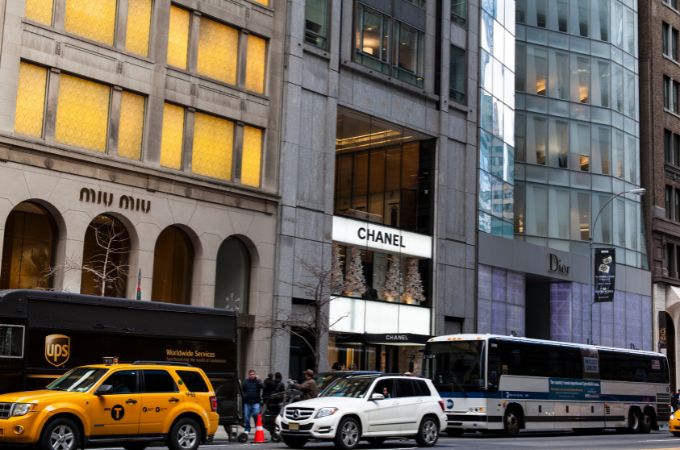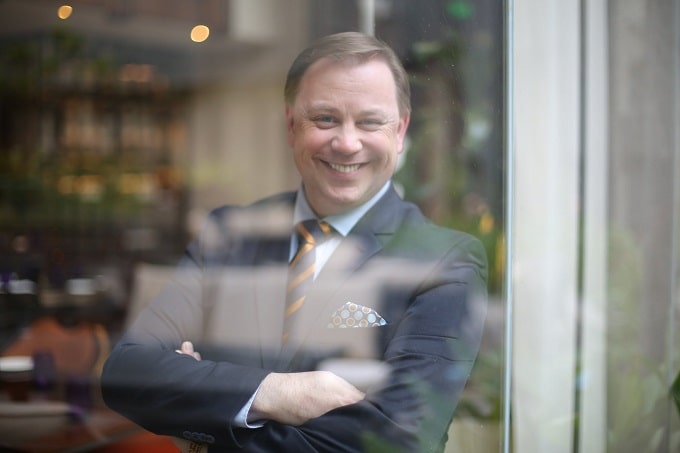
Researchers have identified a number of factors that contribute to our seemingly perpetual desire to acquire luxury goods from luxury brands.
When we buy luxury we aren’t just buying a physical item. We’re also buying the opportunity to act out a desirable lifestyle.
The appeal of luxury brands is universal and undoubted. But while true luxury isn’t defined by price, as a rule, luxury doesn’t come cheap or easy. Some of us are able and willing to spend loads of money to acquire luxury goods and others aren’t, but it can’t be denied that all of us want it. But why exactly is this? Wherein lies the appeal of a luxury brand and why not just buy a non-luxury item that can essentially fulfil the same function as the luxury product?
Researchers have identified a number of factors that contribute to our seemingly perpetual desire to acquire luxury goods from luxury brands.
– Firstly, for some consumers, a luxury good can go a long way in increasing self-esteem or providing a sense of belonging and accomplishment.
– Secondly, we rightly associate luxury brands with superior quality, and therefore the higher price we pay for luxury brands is justifiable in the sense that luxury products are more often than not more durable.
– For many, buying luxury goods are the ultimate retail therapy. Purchasing luxury goods make us feel good. Acquiring luxury goods gives us a sense of satisfaction with our lives the direction it is heading in. It conveys a sense of differentiation, identity and self-expression.
– Furthermore, luxury brands tend to convey the idea of “wokeness”, which has become increasingly important to many environmentally-conscious luxury shoppers over the past few years. Luxury brands nowadays place a lot of emphasis on being both sustainability as well as on being ethically sourced.
There’s a reason why people may decide to pass up a fake Rolex in order to pay full-price for an authentic one (even if they look identical). Despite appearing the same, as owners we will know that we don’t have a real luxury good. In this regard what researchers have identified as the innately human quest for authenticity plays perhaps the most important role in creating the appeal of luxury brands for consumers.
Researchers have determined that this quest for authenticity develops early in childhood. A study that tried to convince children that a cloning machine had produced their favourite toy found that most children refused to accept the duplicate as identical. This is because the sentimentality of the item—the memory or feeling that comes from having purchased or acquired the real thing—is an integral part of the reason that we seek authenticity. In other words, treating yourself to a pair of fake Christian Louboutin brand boots really creates the the same effect as having not treated yourself at all.
And while it is clear that people buy luxury goods for a variety of reasons, nearly all of these reasons are psychologically related to the strong emotions that we attach to the purchase of exclusive brands. We may decide to purchase it anyways in order to achieve a certain feeling—for example, a feeling of accomplishment from hard work—or to gain acceptance within certain social circles.
A central idea behind buying luxury products is that it is essentially a kind of performance. Luxury brands invest a lot of money in marketing a lifestyle of comfort and good taste. When we buy luxury we aren’t just buying a physical item. We’re also buying the opportunity to act out a desirable lifestyle.
The appeal of luxury brands is timeless. And while the emphasis and most important desires of luxury consumers may change and vary over time, the central purpose of luxury brands, that is, providing a sense of exclusivity and accomplishment, will always remain the driving force behind the luxury market.

Paul russell
Paul Russell is co-founder of Luxury Academy London, a multi-national training company with offices in London, Mumbai and Visakhapatnam. Luxury Academy London specialise exclusively in the luxury industry and deliver training in leadership, communication and business etiquette training for companies and private clients across the globe.
Prior to founding Luxury Academy London, Paul worked in senior leadership roles within luxury hospitality. A dynamic trainer and seminar leader, Paul has designed and taught courses, workshops and seminars worldwide on a wide variety of soft skills.